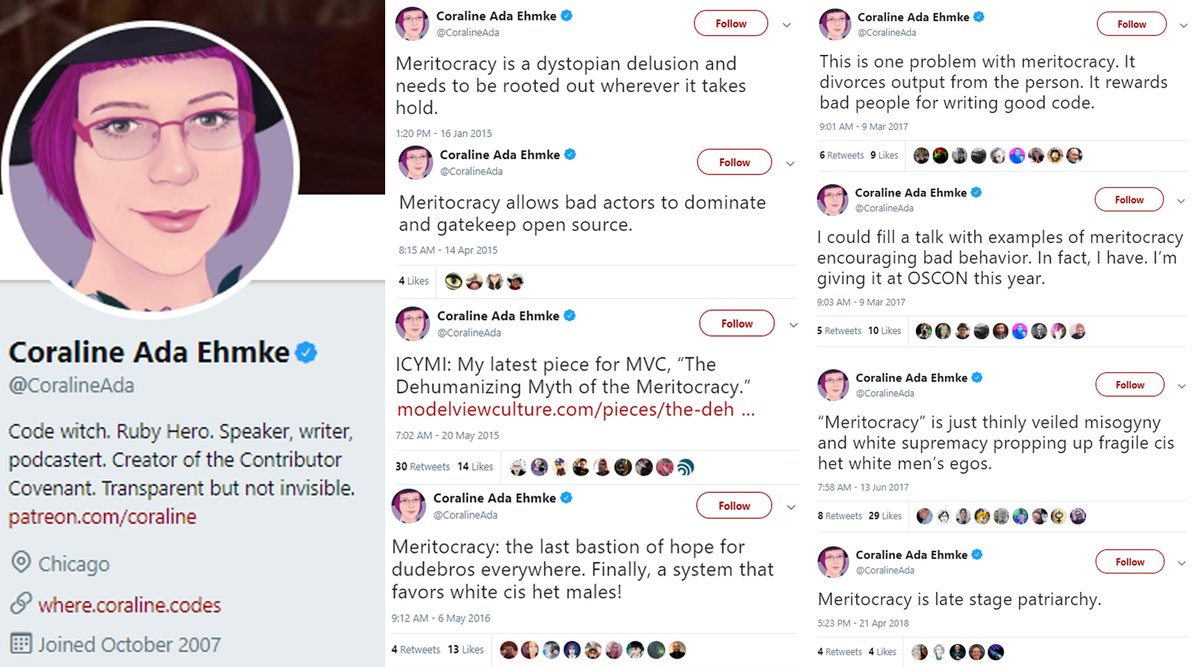The Linux kernel has a new code of conduct (CoC). Linus Torvalds took a break from Linux kernel development just 30 minutes after signing this code of conduct. And since the writer of this code of conduct has had a controversial past, it has now become a point of heated discussion. With all the politics involved, not many people are happy with this new CoC.
In case you don’t know already, Linux creator Linus Torvalds has apologized for his past behavior and has taken a temporary break from Linux kernel development to improve his behavior.
The new code of conduct for Linux kernel development
Linux kernel developers now have a code of conduct. It’s not like they didn’t have a code before, but the previous code of conflict is now replaced by this new code of conduct to “help make the kernel community a welcoming environment to participate in.”
“In the interest of fostering an open and welcoming environment, we as contributors and maintainers pledge to making participation in our project and our community a harassment-free experience for everyone, regardless of age, body size, disability, ethnicity, sex characteristics, gender identity and expression, level of experience, education, socio-economic status, nationality, personal appearance, race, religion, or sexual identity and orientation.”
You can read the entire code of conduct on this commit page.
Recommended Read:
Was Linus Torvalds forced to apologize and take a break?

The code of conduct was signed off by Linus Torvalds and Greg Kroah-Hartman (kind of the second-in-command after Torvalds). Dan Williams of Intel and Chris Mason from Facebook were some of the other signatories.
If I have read through the timeline correctly, half an hour after signing this code of conduct Torvalds sent an email apologizing for his past behavior. He also announced that he would take a temporary break to improve his behavior.
But at this point some people started reading between the lines, paying special attention to this line from his email:
This week people in our community confronted me about my lifetime of not understanding emotions. My flippant attacks in emails have been both unprofessional and uncalled for. Especially at times when I made it personal. In my quest for a better patch, this made sense to me. I know now this was not OK and I am truly sorry.
This particular line could be read as if he was coerced into apologizing and taking a break because of the new code of conduct. Though it could also be a precautionary measure to prevent Torvalds from violating the newly created code of conduct.
Recommended Read:
The controversy around Contributor Covenant creator Coraline Ada Ehmke
The Linux code of conduct is based on the Contributor Covenant, version 1.4. The Contributor Covenant has been adopted by hundreds of open-source projects. Eclipse, Angular, Ruby and Kubernetes are some of the many adopters of the Contributor Covenant.
The Contributor Covenant was created by Coraline Ada Ehmke, a software developer, open source advocate, and LGBT activist. She has been instrumental in promoting diversity in
Coraline has also been vocal about her stance against meritocracy. The Latin word meritocracy originally refers to a “system under which advancement within the system turns on ‘merits’, like intelligence, credentials, and education.” Activists like Coraline believe that meritocracy is a negative system where the worth of an individual is measured not by their humanity, but solely by their intellectual output.
Remember that Linus Torvalds has repeatedly said that he cares about the code, not the person who writes it.
Coraline was previously involved in an incident with a contributor to the Opal project. In a discussion taking place on Twitter, Elia, a core contributor to the Opal project from Italy, said “(trans people) not accepting reality is the problem here”.
Coraline wasn’t originally part of this discussion nor was she a contributor to the Opal project. But as an LGBT activist, she got involved, requesting that Elia be removed from the Opal Project for his “views against trans people”. A lengthy and heated discussion took place on Opal’s GitHub repository. Coraline and her supporters, who had never contributed to Opal, tried to coerce the moderators into removing Elia, a core contributor to the project.
While Elia wasn’t removed from the project, the Opal project maintainers agreed to put a code of conduct in place. And this code of conduct was the very same Contributor Covenant, which Coraline had pitched to the maintainers herself.
But the story didn’t end here. The Contributor Covenant was then modified and a new clause added in order to get to Elia. The new clause widened the scope of the code of conduct to apply in public spaces. This malicious change was spotted by the maintainers and they edited the clause. Opal eventually got rid of the Contributor Covenant and put its own guidelines in place instead.
This is a classic case where a few offended people, who had never contributed a single line of code to the project, tried to oust a core contributor.
Reactions to the Linux Code of Conduct and Torvalds’ apology
As soon as the Linux code of conduct and Torvalds’ apology went public, social media and forums were rife with rumors and speculations. While many people appreciated this new development, there were some who saw a conspiracy by SJWs infiltrating Linux.
A sarcastic tweet from Coraline only fueled the fire.
In the wake of the Linux CoC controversy, Coraline openly said that the Contributor Covenant code of conduct is a political document. This did not go down well with those who want to keep political stuff out of open source projects.
Nick Monroe, a freelance journalist, dug up Coraline’s past in an effort to prove his claim that there is more to the Linux CoC than meets the eye. You can read the entire thread if you want.
Nick wasn’t the only one to disapprove of the new Linux CoC. The SJW involvement led to more skepticism.
While there were many who appreciated Torvalds’ apology, a few blamed Torvalds’ attitude:
And some were simply not amused by his apology:
The entire Torvalds apology episode has raised a genuine concern ;)
Jokes aside, genuine concern was raised by Sharp, who had quit Linux Kernel development in 2015 due to the “toxic community”.
What do you think of the Linux Code of Conduct?
If you ask my opinion, I do think that a Code of Conduct is a requirement these days. It guides people in behaving in a respectable way and helps create a positive environment for all kinds of people irrespective of their race, ethnicity, religion, nationality or political views (both left and right).
What are your views on the entire episode? Do you think the CoC will help Linux kernel development? Or will it deteriorate with the involvement of anti-meritocracy SJWs?
We don’t have a code of conduct at It’s FOSS but let’s keep the discussion civil :)


